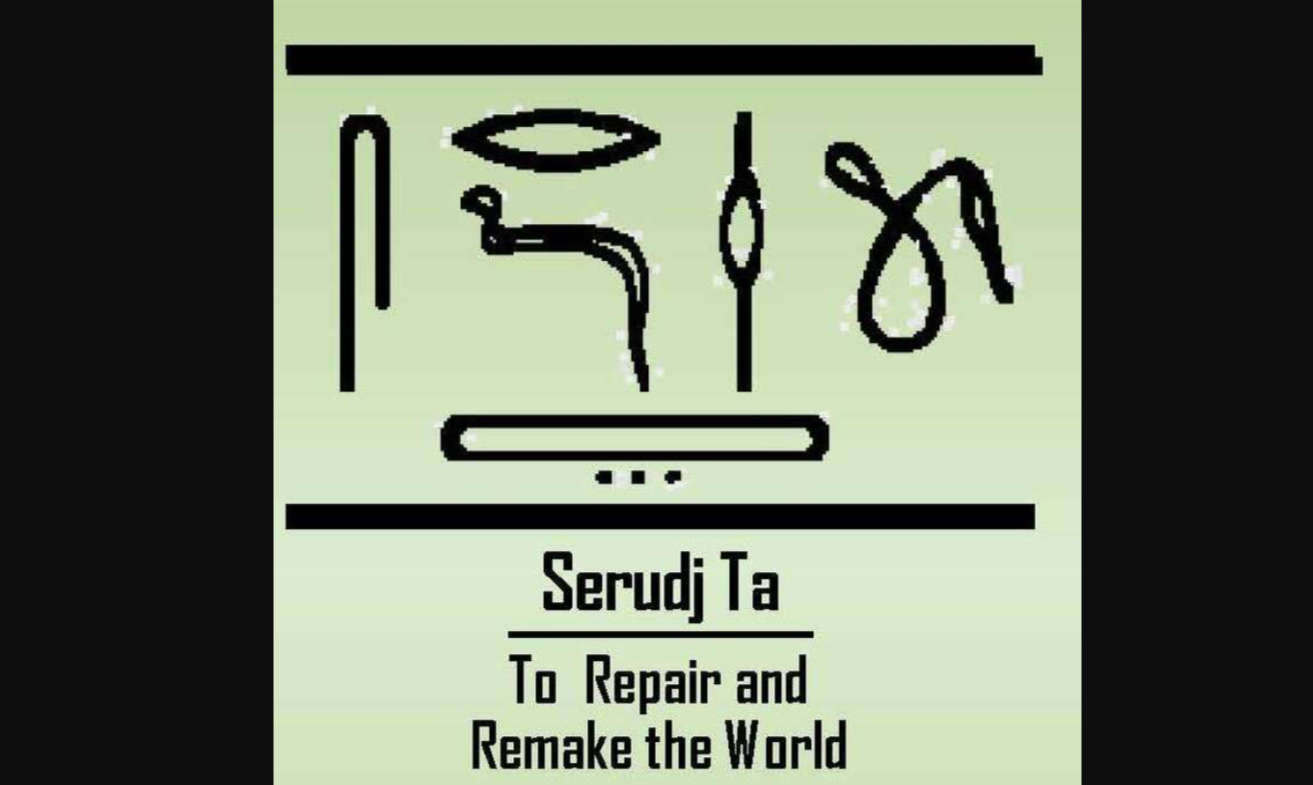(ThyBlackMan.com) When you ask about the right time to start saving for your retirement, you’ll soon find everyone gives the same answer: now! This is because the sooner you start saving for your retirement, the larger is your return of investment, and here is how it works:
1. Compounding. The earlier you begin saving, the more time your money has to grow. CNN made the following calculation with an assumed 7 percent annual return: if you start saving for your retirement at age 25 by putting aside $3,000 a year in a tax-deferred retirement account for 10 years, your $30,000 investment will have grown to more than $338,000 by the time you reach 65, even if you don’t add another dime.
In comparison, if you start saving the same amount every year at age 35, and continue for 30 years until you are 65, you will have about $303,000 resulting from your $90,000 investment. Basically, you’ll need to invest three times the money to receive less when you start 10 years later. Granted, CNN’s calculation doesn’t take into consideration inflation, but event so, it’s a significant difference. You may also want to keep in mind that even though you’re likely to have a larger income in your 30’s, you’re also likely to have more expenses such as mortgage, childcare, car payments etcetera, making it more difficult to put money aside.
consideration inflation, but event so, it’s a significant difference. You may also want to keep in mind that even though you’re likely to have a larger income in your 30’s, you’re also likely to have more expenses such as mortgage, childcare, car payments etcetera, making it more difficult to put money aside.
2. Yearly Tax-Deductible Limits. The sooner you begin saving, the more you are allowed to put into your retirement funds over the years, since funds such as IRA’s have yearly tax-deductible limits. The IRS limits the contribution you can make in 2017 to $5,500 if you are under 50 years old, or $6,500 if you’re age 50 or older. However, if your taxable compensation for the year is less than the maximum amount, you can only contribute the same amount as your compensation.
If you make $4,500 in taxable compensation, you are allowed to invest $4,500 into your IRA. The exception is if you are married and your spouse makes more than your combined minimum amount. If your spouse’s or your joint income is $11,000 or more, you can contribute $5,500 each until you are 50 years old. After age 50 a $13,000 joint income allows contributions of $6,500 each. But be aware that your deduction may be limited if you or your spouse is covered by a retirement plan at work, or if your income exceeds certain levels.
3. More years of free money. Yes, free money! If you are contributing to a 401(k) up to the employer match, that basically means accepting extra money given to you by your employer—for free! More years of saving means more years of free money. Therefore the 401(k) is often recommended as the first choice of retirement saving, although IRAs give a greater flexibility as far as investment choices and withdrawal options, and often charge lower fees. Together these retirement savings options gives substantial tax credits—the IRS allows a whopping $18,000 in contribution limit to your 401(k), and for employees aged 50 and over an additional catch-up contribution limit of $6,000.
4. Roth or Traditional? Once you start your retirement saving in IRAs and 401(k)s, it’s time to decide between Roth or Traditional. Roth means you pay the taxes upfront and let the investment grow tax-free, so you get to spend it when it’s time to retire without ever paying any more taxes on it. Traditional means you pay no income tax up front (hence the tax-deductible contributions), but you will have to pay taxes when the time comes to cash out.
Most people’s tax rate will be higher when they retire, the older you get, the more likely you are to earn more money, and the national debt and demographics mean tax rates will likely have to go higher in the long run for most income brackets. For this reason, you may want to chose Roth. On the other hand, you are likely to earn less income in retirement, so you may be back in a low tax bracket. Some people chose a combination of Roth and Traditional.
5. Don’t cash out your 401k before retirement, even if you switch jobs. You may wonder where your money goes when you are no longer with the company? If you change jobs, the money will go with you. Nerd Wallet recommends doing a rollover into an IRA, so that your retirement savings is all consolidated in one place. IRA managers will be happy to help you do it, since they want you to invest more money with them. Most importantly, do not cash out your 401k when leaving your company. You will have to pay taxes and penalties, and lose all of your tax-advantaged investment, which will set your retirement back in a serious way.
Basically, the times when people worked at one company for life and that company provided them with a retirement pension are long gone. Today, it’s normal for people to have many jobs over the course of a lifetime, and we are all responsible for our own retirement funds. Social security is underfunded, and the rising national debt and aging population makes it unlikely for the government to be able to afford to pay the next generation the same amount of money in Social Security as they do now, and even now few people can live off Social Security alone. It’s increasingly important to save for your own retirement, and the smartest thing to do is to start right away!
Staff Writer; Christine Sato
This talented woman founded the site CPAReviewCourses.org – the ultimate cpa exam resource dedicated to helping professionals pass all four sections the CPA Exam on their first try. Christine provides reviews of cpa prep courses and gives expert cpa study tips to ease the process of becoming a CPA.
















Leave a Reply